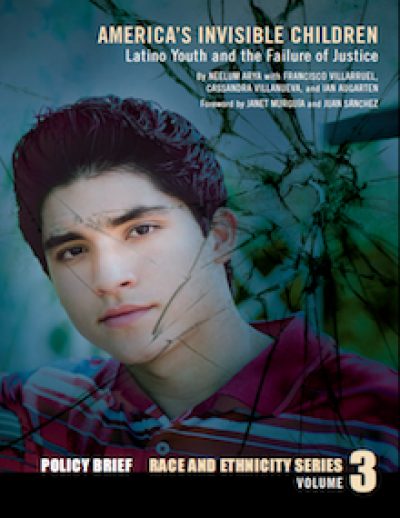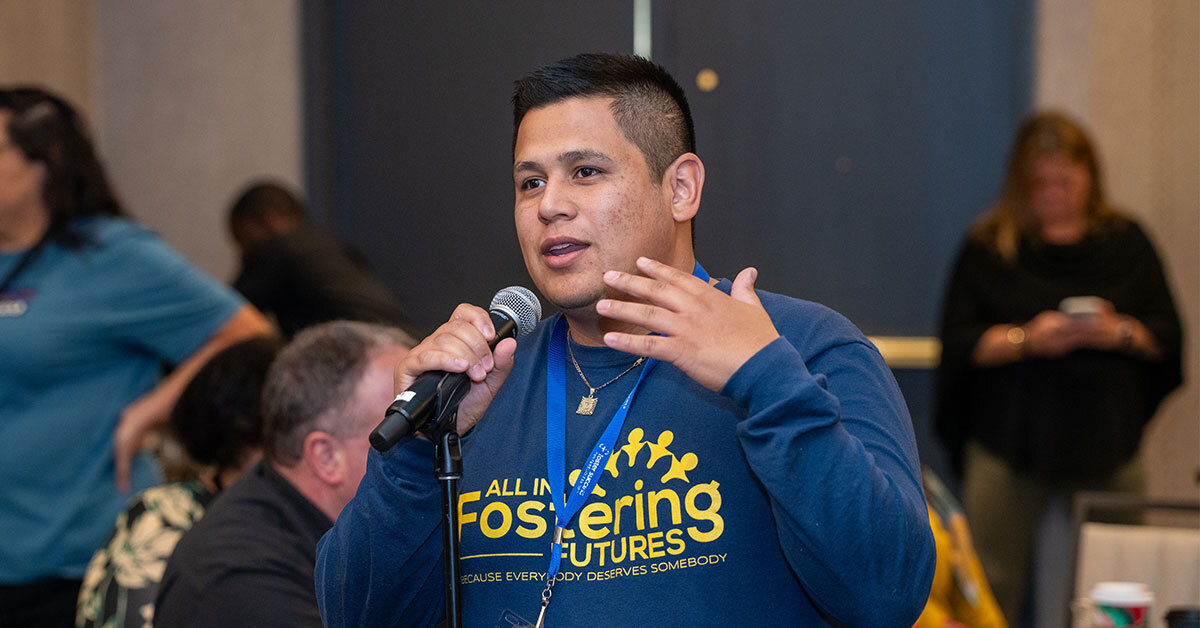Inexplicably Invisible
Today, at 45.5 million strong, Latinos represent the largest minority group in the country and comprise 15% of the total population. Yet, despite these strong statistics, advocates say Latinos have largely been overlooked in studies, discussions and publications within the justice field.







